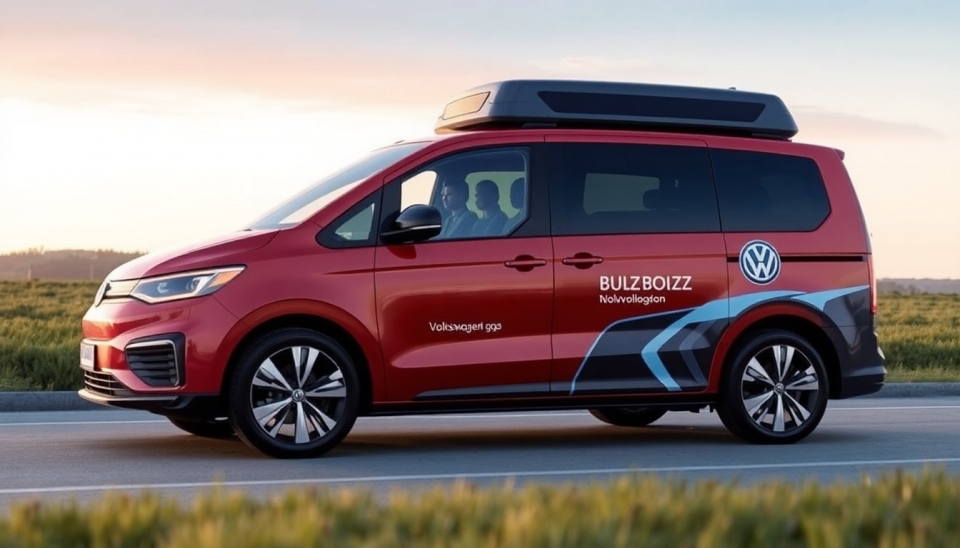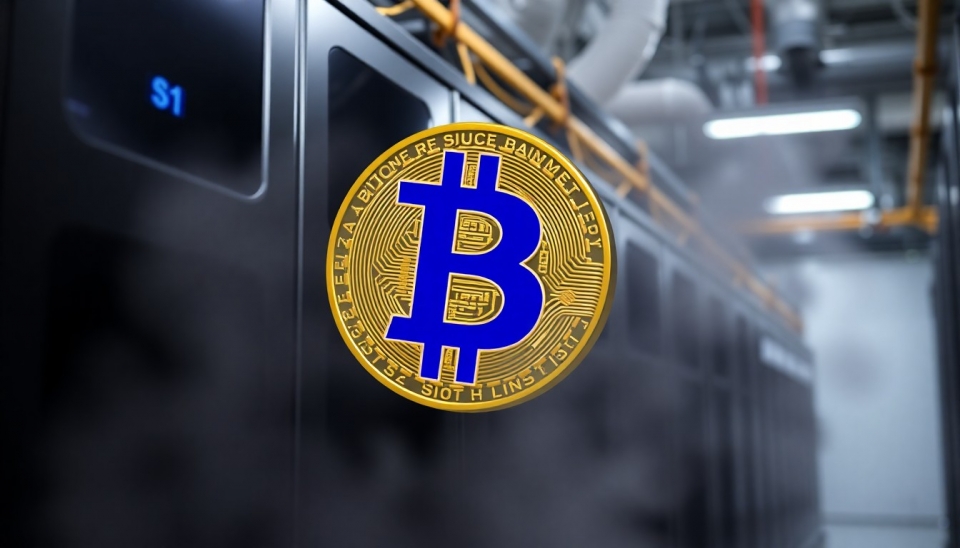
The inaugural gathering of global Artificial Intelligence safety institutes took place amid heightened discussions around the implications of AI on society. The meeting convened leaders, experts, and policymakers from around the world, united by a shared concern about the rapid evolution of AI systems and their potential impact on various aspects of life.
This event comes at a crucial time, as Artificial Intelligence is increasingly integrated into daily processes, raising the stakes for ethical considerations and regulatory frameworks. However, the discussions were notably overshadowed by the looming presence of Donald Trump, whose policies and statements continue to spark significant debate around both technology and governance.
Trump’s recent popularity resurgence, particularly amidst his campaign strategy heading into the next election cycle, has drawn attention to his previously expressed skepticism towards AI regulation. His stances resonate with a substantial segment of the American populace that views heavy regulation as a hindrance to innovation and growth. This backdrop casts uncertainty on potential regulatory initiatives that could emerge from the summit’s dialogues.
Participants at the summit engaged in various sessions aimed at dissecting the challenges posed by AI technologies. Topics included the necessity of establishing safe AI frameworks to mitigate risks associated with deployment in critical sectors such as healthcare, finance, and public safety. Collective insights pointed towards fostering international cooperation and sharing best practices among nations to tackle the unbounded nature of AI advancements.
However, Trump's influence raises questions about the U.S.'s commitment to international AI governance in the looming shadow of an election that could pivot the nation's approach to technology regulation. Some attendees voiced concerns that political backdrops and electioneering could hinder productive agreements on essential safety measures.
Interestingly, the discourse revealed divisions among countries regarding the urgency and type of regulations required for AI. While some nations advocate for immediate comprehensive frameworks, others, influenced by similar sentiments as Trump's, express reservations about swift regulatory actions that could stymie capital and technological growth.
The summit's outcome remains to be fully realized, but it undoubtedly highlighted the ideological battles shaping the future of AI, marked by a struggle between innovation and regulation. As leaders left the event, the conversation will likely continue as they navigate the intersection of technological advancements and political influences in the months leading to the 2024 elections.
In conclusion, the first global AI safety summit may have provided a platform for necessary conversations, yet it also underscored the persistent tensions fueled by political figures like Trump. Continuous dialogue among global institutions will be crucial as societies adapt to the complexities introduced by AI systems.
#AI #ArtificialIntelligence #TechRegulation #GlobalSummit #SafetyStandards #DonaldTrump #Innovation #Policy #EthicalAI
Author: Emily Collins




